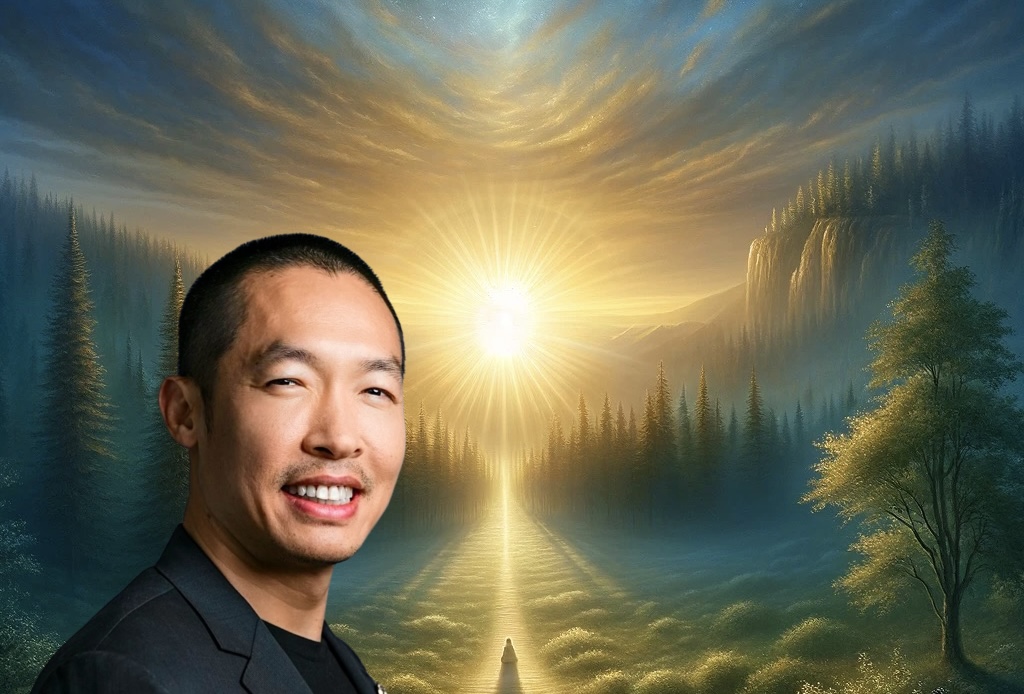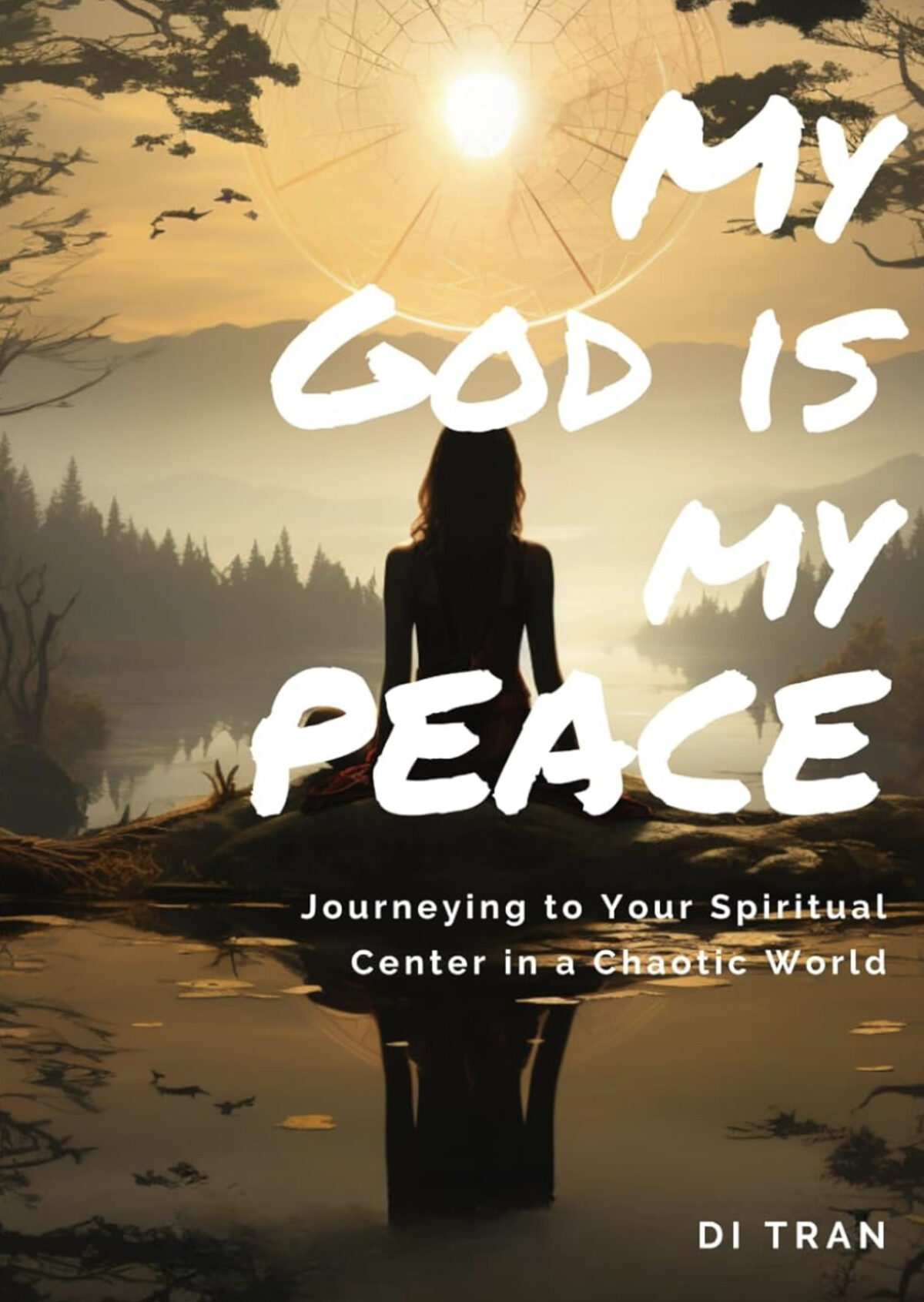In the vast expanse of philosophical musings and spiritual guidance that Eckhart Tolle offers, one quote stands out as a beacon for those navigating the tumultuous waters of existence: “Your purpose in this life beyond all purpose is to evolve as a conscious being and join the universe in awareness. Accept the being and improve and add value and progress.” This profound statement encapsulates the essence of Tolle’s teachings, urging individuals to transcend beyond the mundane and embark on a journey of self-discovery and universal connection.
The Call to Conscious Evolution
Tolle’s invitation to evolve as a conscious being is not merely a call to self-improvement in the conventional sense. It is an urging to awaken to the deeper realities of our existence, to realize the interconnectedness of all life, and to foster a heightened state of awareness. This evolution is not a competitive climb on the social ladder but an inward journey that leads to an expansive understanding of one’s place in the cosmos.
The concept of evolving as a conscious being is rooted in the understanding that human consciousness is not static. It is capable of profound growth and transformation. This evolution is marked by an increasing ability to observe oneself and the world without judgment, to recognize the transient nature of thoughts and emotions, and to embrace the present moment fully. It is about transcending the egoic mind, which is often trapped in the dualities of right and wrong, good and bad, to a state of oneness with the universe.
Joining the Universe in Awareness
To join the universe in awareness is to realize that one is not separate from the rest of existence. This realization is not intellectual but experiential. It comes from a deep sense of unity with all that is, born out of moments of stillness and presence. Tolle suggests that this awareness is the natural state of being, obscured by the noise of the mind and the distractions of the material world.
This aspect of Tolle’s quote points to the importance of meditation, mindfulness, and other practices that help quiet the mind and bring individuals into the present moment. These practices are not ends in themselves but gateways to a more profound awareness that dissolves the illusion of separateness and reveals the interconnected fabric of the universe.
Acceptance, Improvement, and Contribution
Accepting the being refers to the acknowledgment and embrace of one’s current state of consciousness without resistance. It is about recognizing where one is on their journey and understanding that every moment, every experience, is an opportunity for growth. This acceptance does not imply passivity or resignation but a deep-seated peace that forms the foundation for genuine transformation.
Improvement and adding value are natural outcomes of this acceptance and the conscious evolution that follows. As individuals become more aware and present, their actions naturally align with principles of compassion, empathy, and kindness. They become agents of positive change, contributing to the collective evolution of humanity. Progress, in this context, is measured not by material achievements but by the expansion of consciousness and the deepening of one’s connection to all life.
Conclusion
Eckhart Tolle’s wisdom invites us on a journey that transcends the superficial layers of existence and touches the very core of our being. It is a call to awaken to our true nature, to evolve as conscious beings, and to experience the profound unity of the universe. By accepting our current state, seeking continuous improvement, and contributing positively to the world, we can embark on this sacred journey toward a more aware, compassionate, and connected existence.




